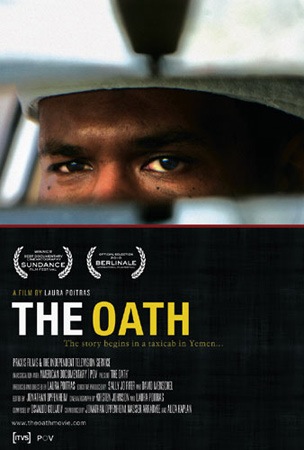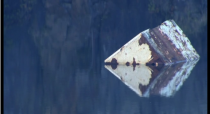“One of the most significant and challenging films of the post 9/11 era” is how I tweeted my reaction to The Oath. The winner of the Best Documentary at this year’s EIFF, it tells the story of two men.
The first is Abu Jandal, a former bodyguard for Osama Bin Laden who now works as a taxi driver in Yemen. The second is his brother-in-law Salim Hamdam, a driver for al-Qaeda who is locked up in Guantanamo Bay.
Through looking at the lives of these two men, the film explores many of the key issues following that most significant of days on September 11th 2001. It explores America’s changing attitude to torture and interrogation; the reaction of someone in Bin Laden’s inner circle to said event; and the differing views of a new generation of young Muslims to jihad, compared to that of the previous generation.
The film spends the majority of its time with Abu Jandal, who is a completely fascinating character. A charming individual with a wonderful animation to his speech and a captivating smile; he’s someone who seems impossible to pin down. Has he really given up on the idea of instigating violence against the West? If so, what made him do it: was it because his religious/political opinions changed, or out of commitment to his family and a need to be free? Is he so keen to appear on television to evangelise for his new set of beliefs or just because he enjoys the press?
Trying to figure him out for the length of this documentary had me completely captivated, as did the story of his brother-in-law. Someone who the US Senate had to invent a law for in 2006, in order to convict on terrorism charges. The story of Salim perfectly encapsulates the failure of the Bush administration to hold onto its most basic values of freedom and justice for all, in a time when those very values were being threatened by this new and dangerous enemy.
I don’t really want to reveal much more about The Oath and the story it tells since I want people to have the same dramatic experience I had watching it. When the film started and we met Abu Jandal for the first time in his taxi, I asked myself the question “Who is this man?” Ninety minutes later when the movie ended I left asking myself the same question. The journey in between asks a lot of questions of its Western viewer, forcing us to consider our own values and ask ourselves the same question: “Who are we?” or perhaps even “Who have we become?”















Comments